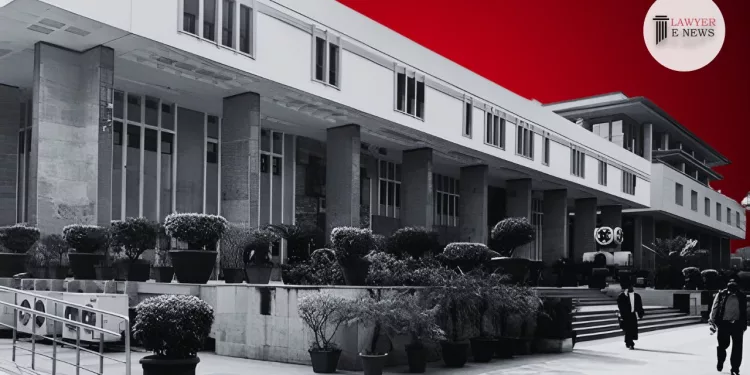Even The Slightest Of Disinclination To Work In The Organization Is Prone To Be Detrimental To The Nation: Delhi High Court Upholds Compulsory Retirement Of R&AW Officer Under FR 56(j)

In a significant ruling, the Delhi High Court dismissed a plea challenging the compulsory retirement of a Research & Analysis Wing (R&AW) officer under Fundamental Rule 56(j), emphasizing that even a minor lack of dedication is critical to national security.
Legal Context:
The court considered the application of Fundamental Rule 56(j), which allows for the retirement of government servants in public interest based on a comprehensive assessment of their entire service record. The rule stresses that such retirement is not punitive and carries no stigma.
Facts and Issues:
Petitioner Jitendra Kumar Ojha contested his retirement, arguing it was procedurally flawed and biased, and that his record was exemplary. His retirement followed a review that concluded shortly after he reached the age threshold for retirement, leading to legal challenges up to the High Court.
Court’s Assessment:
Review of Service Record: The court noted that the review encompassed Ojha’s complete service dossier, affirming that past performance, including adverse records, can be considered under FR 56(j).
Procedural Adherence and Timing: The court found the review procedurally fair, stating that minor deviations from review timelines due to administrative exigencies do not invalidate decisions under FR 56(j).
Nature of Compulsory Retirement: Emphasizing the non-punitive nature of compulsory retirement, the court reiterated that the measure aims to enhance organizational efficiency without casting aspersions on the officer’s integrity.
Decision:
The Delhi High Court ruled that the retirement was justified based on a thorough review of the service record and adherence to procedural norms, highlighting that the public interest necessitates removing even slightly disinclined officers from sensitive positions like those in R&AW.
Date of Decision: April 29, 2024.
Jitendra Kumar Ojha vs. Union of India,





